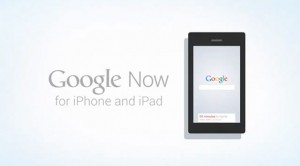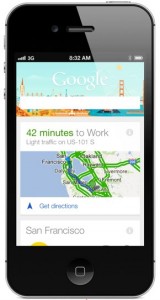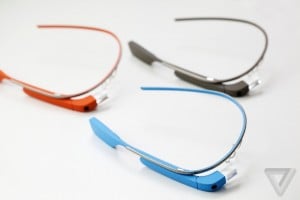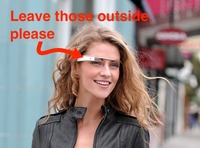http://www.usatoday.com/tech/news/story/2012-01-11/google-social-search/52506216/1
Summary:
These days one can learn about anything simply by “Googling” it. Suppose, for example, at lunch one day, a colleague references “critical paths”. A quick Google search will tell you that a critical path is the optimal sequence of project activities.
But what if a Google search for “critical path” yielded links to posts by members of your Google+ network? Would you be surprised if one of your Google+ contact’s rant about how confused he (not mentioning names!) was reading about critical paths for his upcoming MBA project management class on Saturday was one of the top hits on your search?
Earlier this year Google launched a personalized search feature that includes photos, comments and news posted by a user’s Google+ contacts. Google claims that it is trying to “make searches deeper and more personalized” for its users. However, the search changes have not come without controversy. As one might suspect, privacy concerns are at the height of the uproar.
Analysis:
Are there any privacy issues that arise from this type of enhancement? The Electronic Privacy Information Center (EPIC) in Washington, D. C. believes so. The Electronic Privacy Information Center, a public interest research center that works to protect privacy, the First Amendment and other constitutional values1, has filed a complaint with the Federal Trade Commission. In the letter, the EPIC writes “Google’s business practices raise concerns related to both competition and the implementation of the Commission’s consent order” 2. This is a reference to the March 2011 settlement between the FTC and Google that required Google to “implement a comprehensive privacy program, and calls for regular, independent privacy audits for the next 20 years”. 3
Is this yet another example of Google getting right up to the creepy line but not crossing it? 4 A quick “Bing” search yields several hits on examples in which Google has invaded individuals’ privacy. Take, for example, the 2010 instance where it was discovered that Google field analysts were gathering personal and commercial data while accessing individuals’ and businesses’ unprotected Wi-Fi networks. 5 Initially Google said that it was obtaining Wi-Fi location information for Google Map’s “My Location” cell phone feature. But later it was discovered that Google had obtained some 600 million gigabytes of personal and commercial data. Google faced international backlash when a federal agency in Germany insisted that Google begin to disclose such practices as well as disclose the information that it has obtained. And Ireland requested that all information that Google obtained in its country be destroyed (which Google obliged to). The US, on the contrary, does not have a federal agency that regulates Internet privacy.
However, what expectations of privacy can one expect on the Internet? The rate at which technology rapidly and exponentially progresses is difficult for the law and regulators to keep up with. I believe that having an account with a social network comes with certain responsibilities. As an individual, I am accountable for the photos and comments that I post, and I am accountable for maintaining the privacy settings of my account (given they are offered). However, if the social network owns a search engine, I have the expectation that my information will not pop up as a search result. And lastly, and perhaps most importantly, I do not expect any Internet company to obtain information about me by accessing my home or work Wi-Fi network. Yes, Eric Schmidt, Google CEO, I find that in this instance, and in many others too numerous to name, Google has crossed the creepy line. What do you think?
References:
- http://epic.org/epic/about.html
- http://epic.org/2012/01/epic-urges-trade-commission-to.html
- http://www.ftc.gov/opa/2011/03/google.shtm
- http://www.huffingtonpost.com/2010/11/04/google-ceo-eric-schmidt-privacy_n_776924.html
- http://lastwatchdog.com/google-facing-global-backlash-wi-fi-war-driving-campaign/




